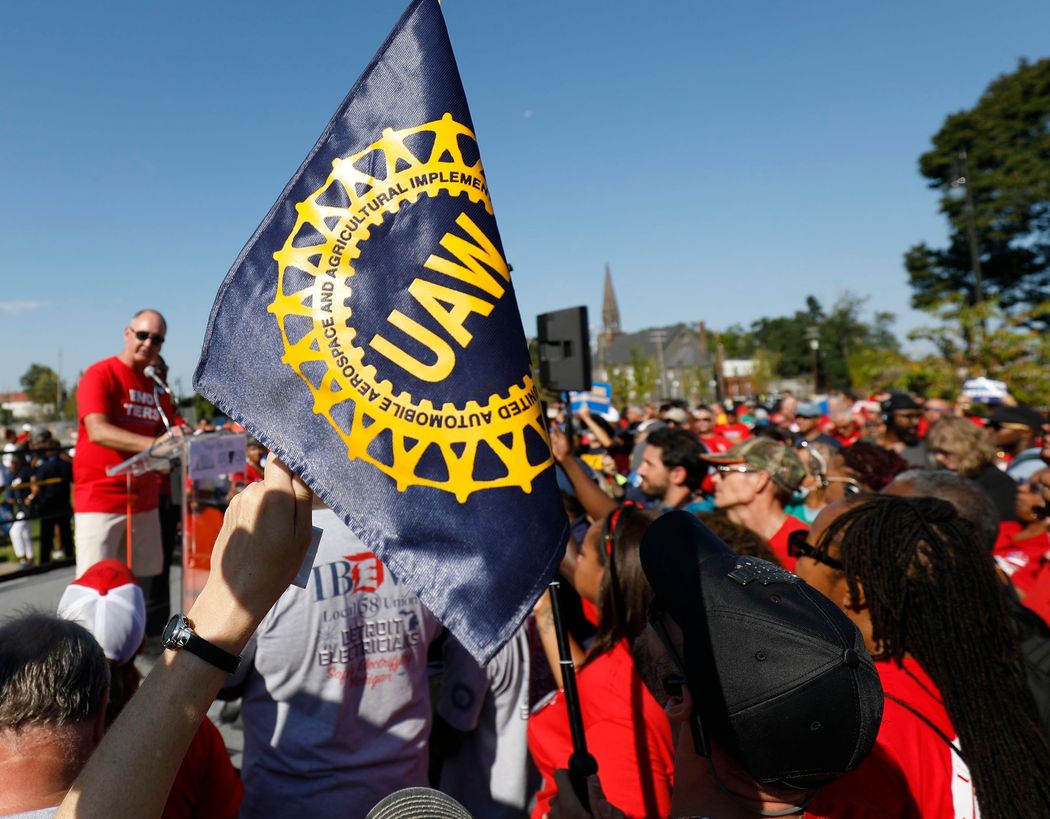
Michelle Berger is a student at Harvard Law School.
In today’s News and Commentary: UAW strike expands to Ford’s most profitable truck plant, negotiations break down between the actors and studios, and the September labor market defied expectations.
The UAW surprised Ford yesterday evening when 8,700 workers walked off and struck Ford’s most profitable truck plant, located in Louisville, Kentucky. UAW workers at the Big Three automakers have been on strike since their contract expired last month. The UAW had excluded Ford from prior waves of strike expansions, which UAW President Sean Fain had previously been announcing on Fridays until yesterday’s surprise announcement. The UAW’s targeted, expanding strikes strategy is understood to be severely disruptive for the automakers while requiring only 22% of the Big Three’s 150,000 autoworkers to strike. This impactful strategy is made possible by the UAW’s large membership across so many workplaces within the same industry. The UAW is striking for higher wages, the abolishment of a two-tier wage system, and unionization at EV battery factories. So far, GM has agreed to allow unionization at its EV battery factories. GM also came to an agreement with its Canadian Union on Tuesday after a brief strike.
Negotiations between the screen actors’ guild and the studios broke down yesterday evening as well. The negotiations are now suspended, according to a statement by the studios. The actors have been on strike for nearly three months. As John reported earlier this week, Hollywood’s writers ratified their new contract with the studios with 99% of members voting “yes.”
Contract negotiations in both industries are occurring against a backdrop of a strong labor market. According to Bureau of Labor Statistics data released last week, U.S. employment surged in September, increasing more than it has in eight months with an increase of 336,000 jobs. This was almost double the number forecast by economists, Reuters reports. Writing in the American Prospect, Ryan Cooper attributes high employment to Bidenomics.






Daily News & Commentary
Start your day with our roundup of the latest labor developments. See all
May 2
Amazon CEO's statements found to have violated federal labor law, and workers across the globe took to the streets to demand more in honor of International Workers' Day.
May 1
Tenth Circuit upholds DOL Rule; fired Google employees file NLRB complaint; Trader Joe's union vote undecided
April 30
EEOC finalizes guidance on workplace harassment, hotel workers prepare for May Day rallies, and the Fight for $15 campaign rebrands as Fight for a Union.
April 29
The International Alliance of Theatrical Stage Employees enters the final stages of negotiations for its basic agreement; the Supreme Court appears likely to side with Starbucks in 10(j) injunctions case
April 28
UAW wins big in last-minute Daimler deal; DOL rule bolsters farmworker labor protections.
April 26
Starbucks and Workers United resume bargaining talks; Amazon is ordered to disclose records; Alabamians support UAW’s unionization efforts.